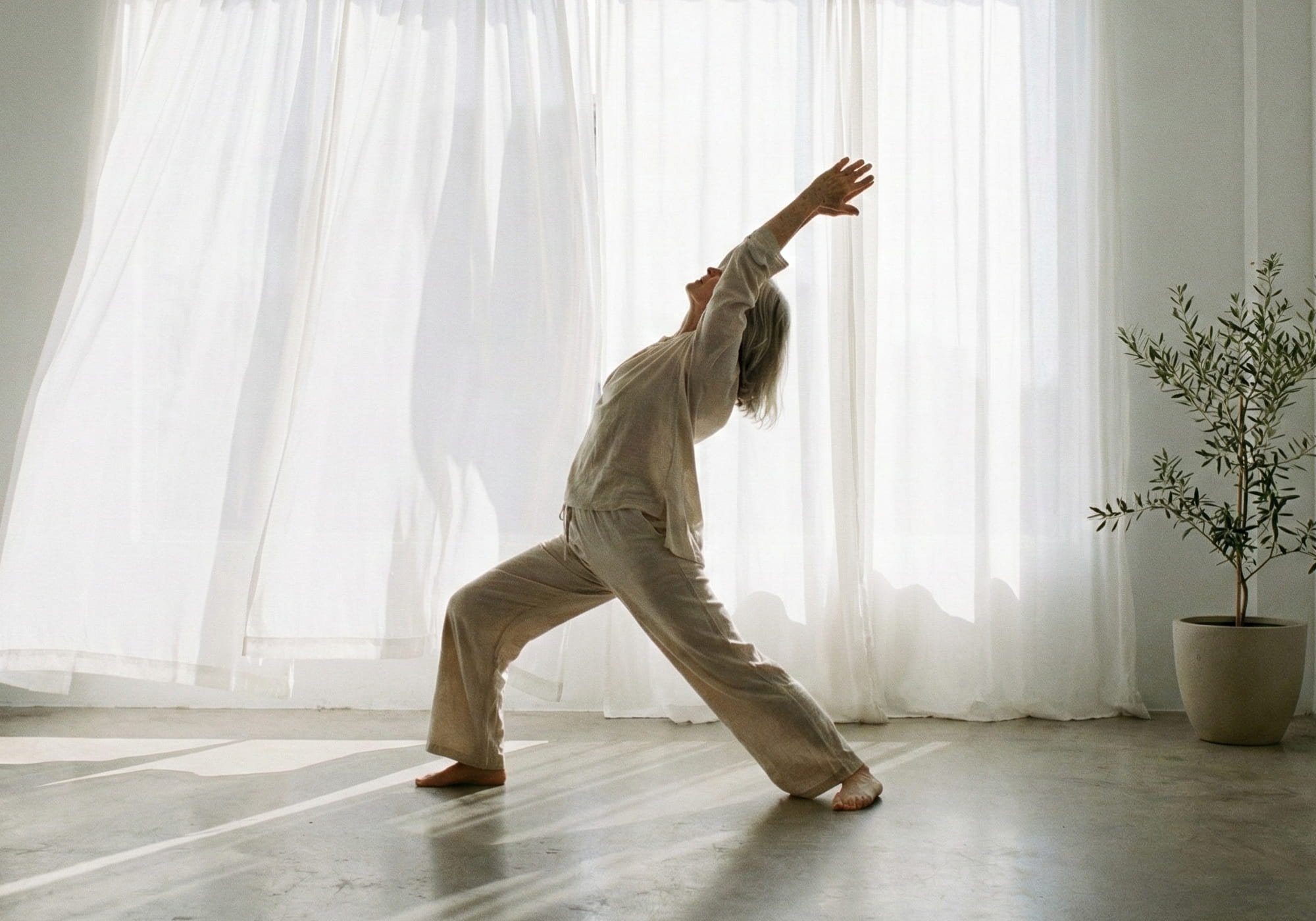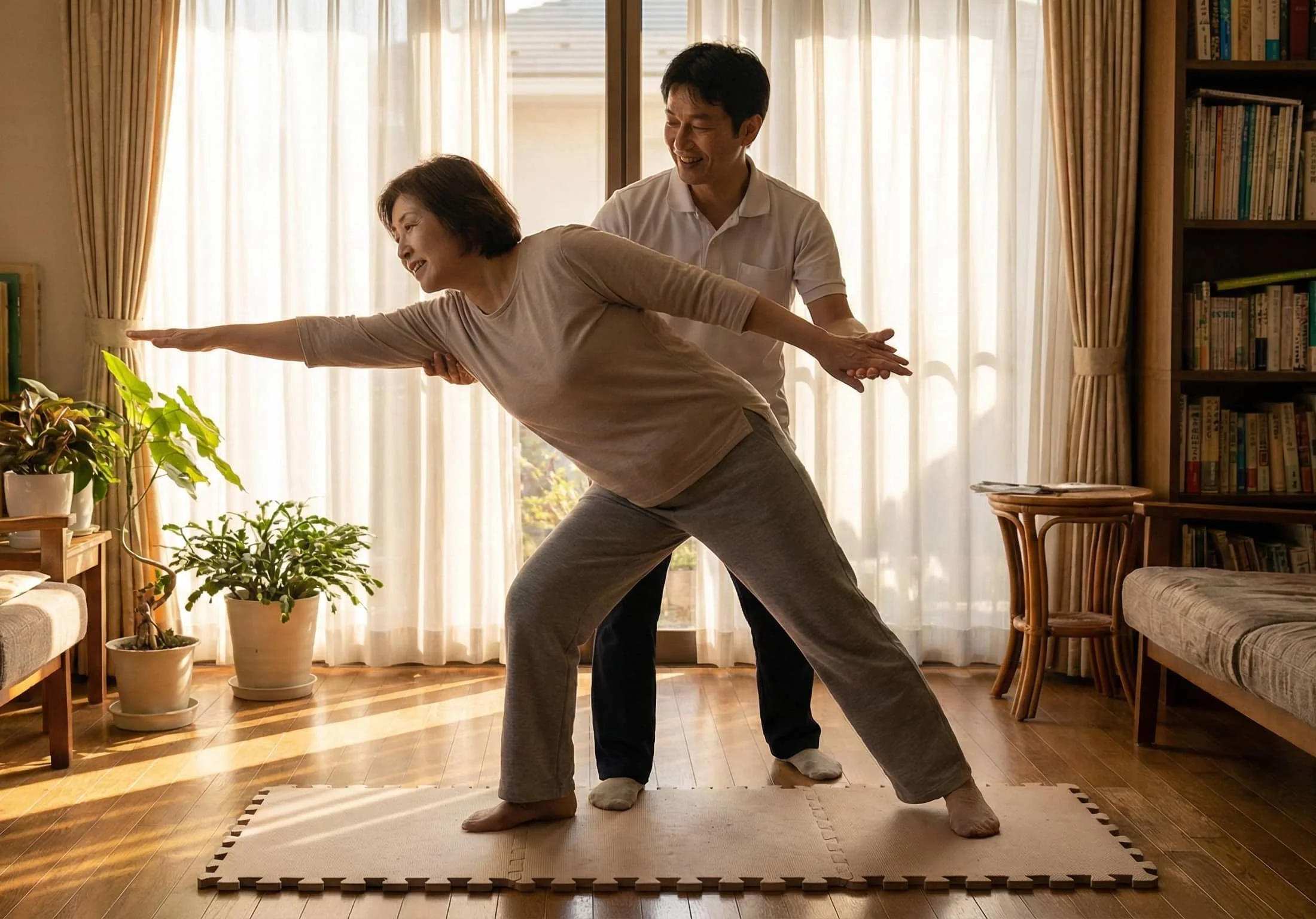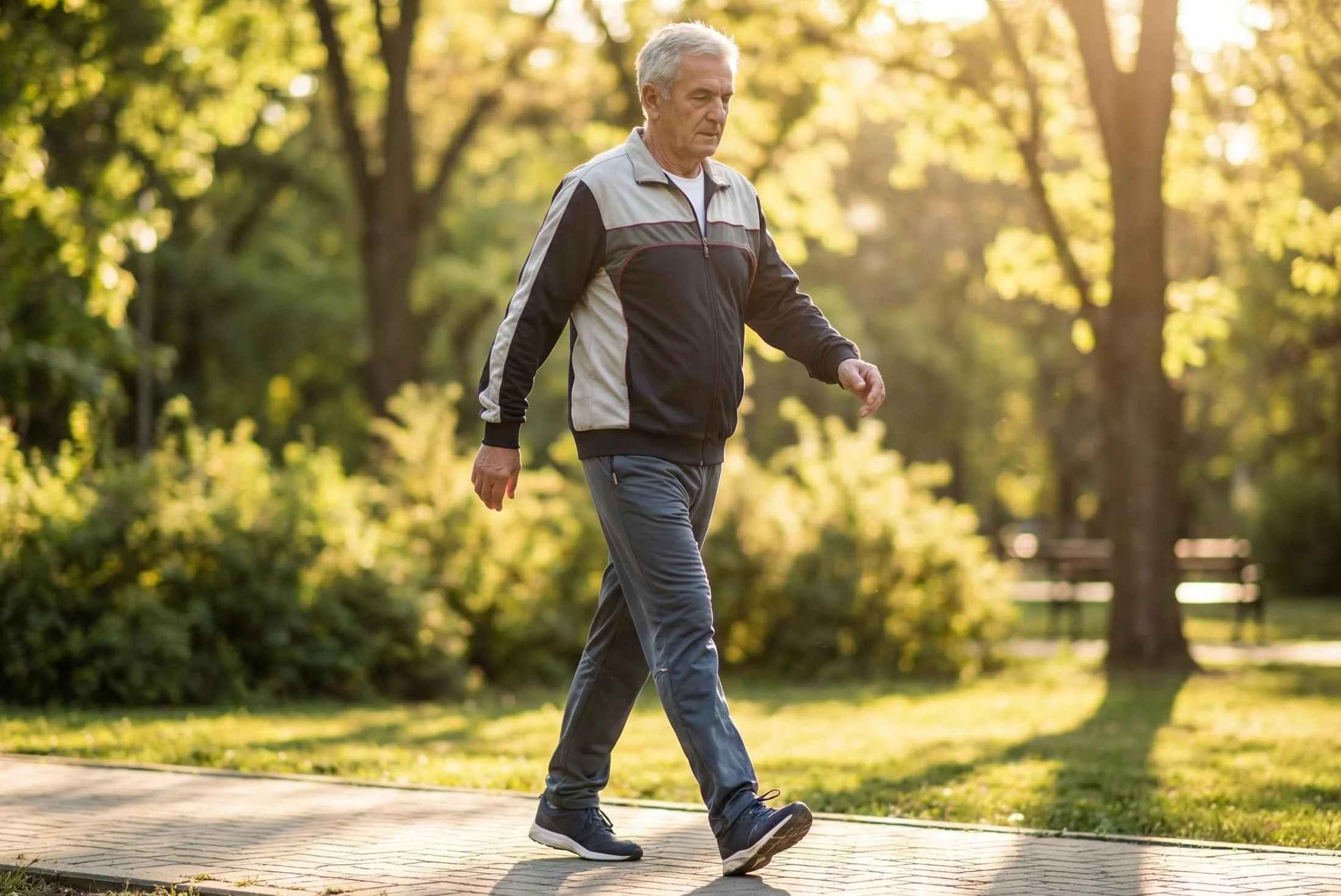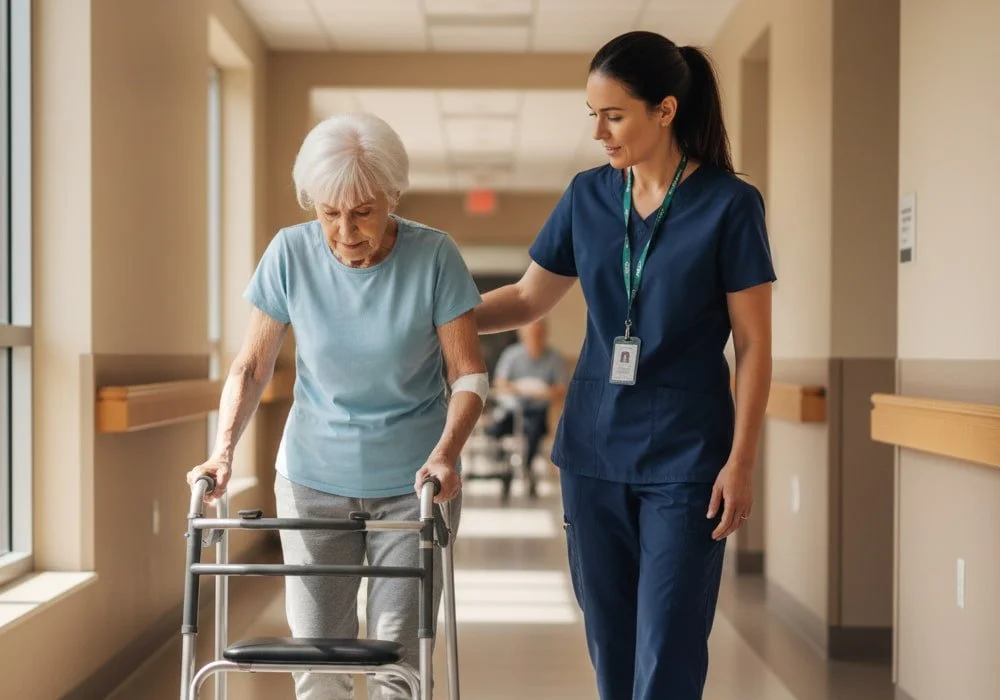
7 Real Benefits of Physical Therapy for Active Longevity
Physical therapy is a proven way to maintain independence, reduce chronic pain, improve balance, and prevent age-related disability without medication.

Effective Muscle Relaxer Non Prescription: Best Options for Muscle Spasms and Neck Pain
True muscle relaxants require prescriptions; nonprescription relief relies on NSAIDs like ibuprofen or naproxen, topical heat creams, and magnesium supplements.

How to Have Sex Last Longer: Techniques and Natural Ways
To increase your stamina, use control techniques, train your pelvic muscles, and maintain good health. Hormonal balance and psychological well-being are important.

Physical Rehabilitation: Post-Surgery Recovery
Physician-led post-surgery recovery supports safe healing at home without stressful clinic visits.

Stress Reduction and Management: Essential Habits for a Healthier Life
Chronic stress is a medical risk, not a lifestyle issue. Early management helps protect long-term health.

Occupational Therapy vs Physiotherapy: Choosing Your Best Path to Recovery
Rehabilitation often comes down to a simple choice: occupational therapy or physiotherapy. One restores movement, the other helps use it in daily life.

Exercises for Balance for the Elderly
Maintaining independence depends on regular balance exercises, which help reduce fall risk and improve stability through better coordination and leg strength.

Hip Replacement Rehab: A Step-by-Step Plan from 0 to 12 Weeks
Hip replacement is major surgery, but for most people it helps restore mobility and reduce pain. Recovery is gradual and requires time, movement, and proper support.

Living Without Pain and Pills: Modern Physical and Occupational Therapy
Chronic pain requires more than just medication. Today, science backs Physical and Occupational Therapy as the gold standard for recovery. Discover how these proven methods help you regain control of your body.

Cognitive Therapy For Memory Decline: Can It Slow Down Dementia?
Aging affects how the brain works. Families often ask if mental training can slow this change. It can’t stop disease, but it helps preserve daily function and independence.
